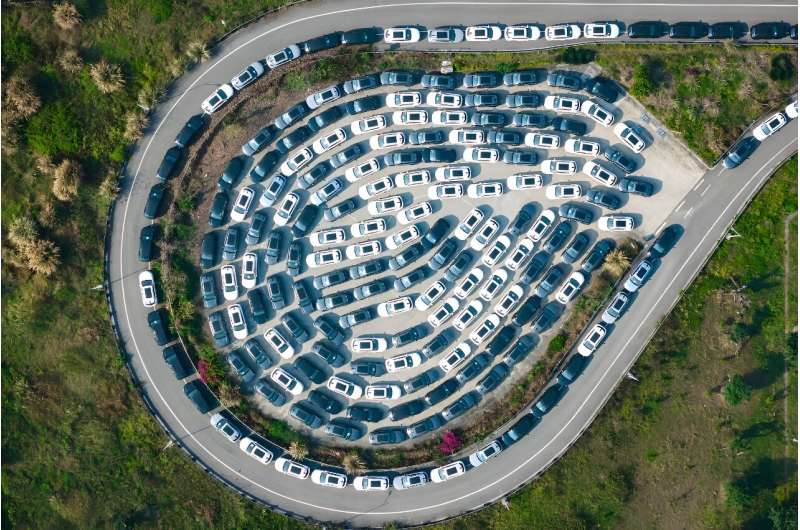The European Union has taken a contentious step in approving additional tariffs on electric vehicles (EVs) imported from China, despite strong opposition from Germany and the threat of retaliation from Beijing. This move highlights the delicate balance the EU must strike between protecting its domestic auto industry and maintaining positive trade relations with its largest trading partner. The European Union faces a challenging task in fostering its clean tech industry while avoiding an escalating trade war with China.

A Divisive Decision
The EU approval of more tariffs on electric cars from China hasn’t gone down well with other members in the bloc. Ten member states, including France, Italy and Poland, supported the move while 5 other nations including Germany and Hungary voted against. Another 12, including Sweden and Spain, stayed neutral.
Resistance from Germany, which holds major sway over the European auto industry. Some suggest that German automakers — which have invested heavily in China over the past decades, among them Volkswagen, BMW and Mercedes — also influenced the government to push against Chinese tariffs on cars (and parts of it). They argue that such tariffs are ‘the wrong approach’ and will ‘hinder EU-China economic and trade relations court.’
On the one hand: how to cater to domestic interests, on the other: how not to give undue benefits in global trade.
The EU’s move to go ahead with the tariffs following the split vote underscores the tightrope it must walk, amid pressure from European automakers seeking protection for their domestic industry, as well as growing trade flows between Europe and China. What we do know is that Brussels says the tariffs are needed to protect European car firms from unfair competition given how state subsidies heavily favour Chinese brands.
But China is, of course, believed to be ready and waiting to retaliate. Beijing has since launched probes into European brandy, dairy and pork imported into China and vowed more measures in retaliation against the EU’s “protectionist” tariffs. The European businesses and consumers might pay a penalty.
The Wider Clean Tech Trade Implications
The suggested EV tariffs are part of a larger, ongoing problem for the EU in trying to boost its local clean tech industry without setting off a possible trade war with China. China could face EU anti-subsidy duties over photovoltaic imports, and solar panels are also the subject of an ongoing investigation under the EU’s trade mechanism. Meanwhile China is still firmly in the wind turbine firing line with at least two Commission market survey reports listing Chinese energy products for possible future action on de facto antidumping grounds.
With the world becoming a more sustainable place, companies are fighting to be on top of the clean tech industries. The EU must negotiate this tricky line between its domestic imperatives and good neighbourly trade-governance. It would threaten the EU’s economy and its position to serve as a lighthouse for others in their pursuit of decarbonisation.
